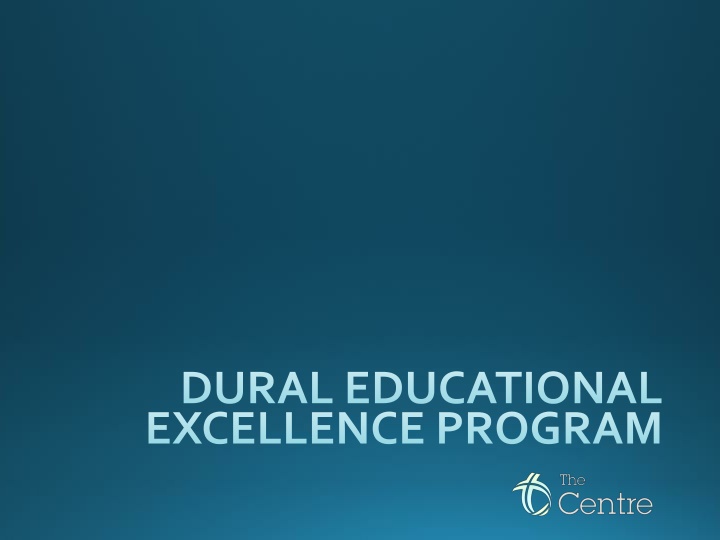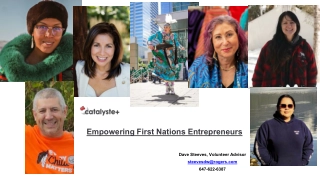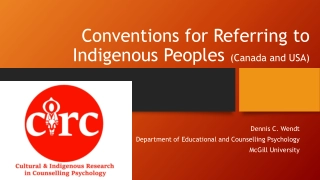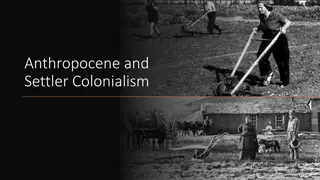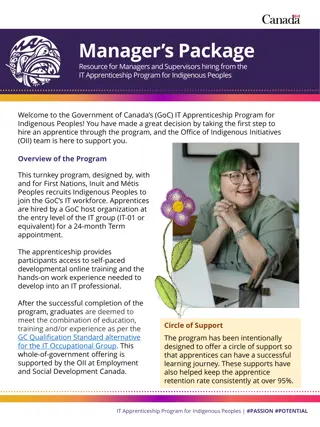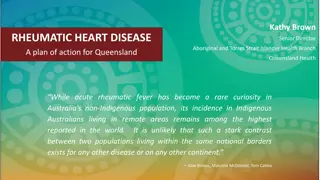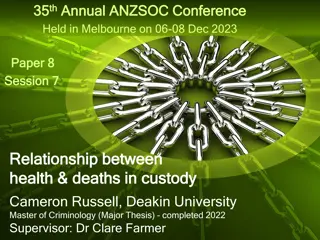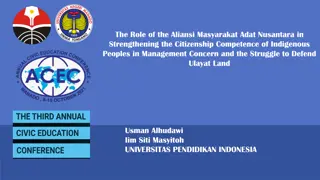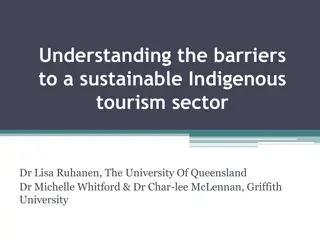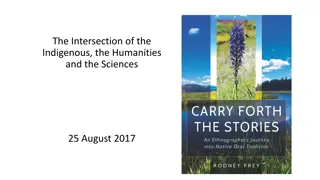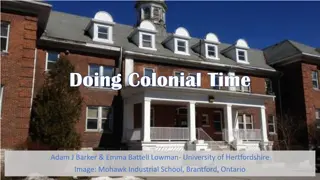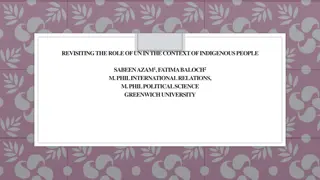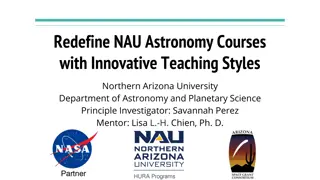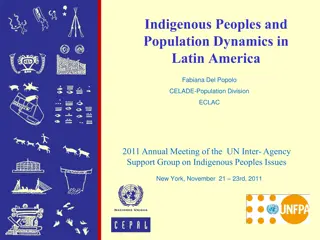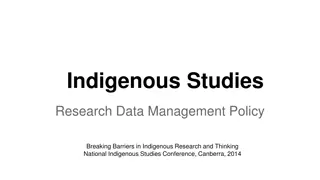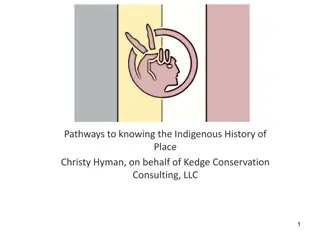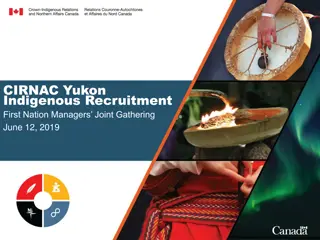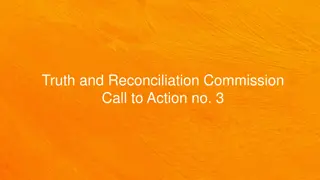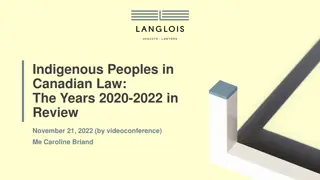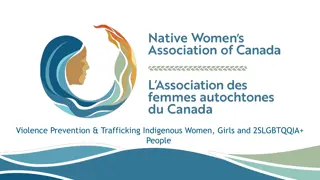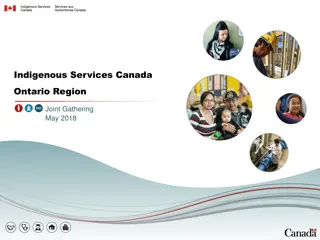Empowering Indigenous Communities Through Educational Excellence Program
The Dural Educational Excellence Program is a transformative initiative focused on closing the educational gap for Indigenous communities in the Kimberley Region of WA. Initially centered on sport and practical assistance, the program evolved to prioritize education in partnership with Aboriginal Australians. The program's distinctiveness lies in providing a supportive boarding facility where Indigenous students from a specific geographic area can thrive academically while remaining connected to their home and culture. Through strategic partnerships and community engagement, the program aims to create lasting positive impacts on the students and their communities.
Download Presentation

Please find below an Image/Link to download the presentation.
The content on the website is provided AS IS for your information and personal use only. It may not be sold, licensed, or shared on other websites without obtaining consent from the author.If you encounter any issues during the download, it is possible that the publisher has removed the file from their server.
You are allowed to download the files provided on this website for personal or commercial use, subject to the condition that they are used lawfully. All files are the property of their respective owners.
The content on the website is provided AS IS for your information and personal use only. It may not be sold, licensed, or shared on other websites without obtaining consent from the author.
E N D
Presentation Transcript
DURAL EDUCATIONAL EXCELLENCE PROGRAM
Background - Involvement in Outback Indigenous Communities since 2006 - Initially in sport, administration and practical/trades assistance - Witnessed first-hand the disadvantage - Involvement narrowed to communities in the Kimberley Region of WA - Invited by Aboriginal Australians to partner to close the gap - New focus on education
Initial partnerships - Aboriginal students from Kalumburu WA to home stay with Dural families - Some successes, but the challenge of connection to home and community - The door closed in Kalumburu - Invitation to partner with Wunan Foundation, focussing on Halls Creek - Search for a new sustainable model
Halls Creek Community - A struggling community - BankWest Quality of Life Index in 2008 ranked the shires of Australia on key indicators of labour market; housing market; the environment; education and health - That survey ranked Hills Shire as No. 12 in Australia (4th in NSW behind Ku-ring-gai, Hunters Hill and Mosman) - Halls Creek ranked No. 590 out of the 590 shires in Australia - A privilege to be involved
A Partnership Formed 2011 - Initial planning led to the formation of a partnership between Wunan Foundation and Halls Creek District High School in WA and Dural Baptist Church, William Clarke College and Pacific Hills Christian School in our Hills District - Wunan Foundation led by passionate Indigenous Australians employ the staff and manage the program; The schools liaise with education and Dural Baptist Church provide support for the houseparents and the social points of connection both with students and their home communities
What is Distinctive About this Scholarship Program? - Built on the research that shows Aboriginal students do better studying away of maintaining connection with home and culture - Students all from one geographic area - Students all in the one boarding facility - Houseparents are Indigenous Australians from their own geographic area
Successes of the Program - Five years of good progress - Initial challenges of student retention have seen almost 100% retention over past two years - Trades Norwest Senior Anglican College have joined the partnership - Sydney schools have hands on exposure to the challenges of Aboriginal Australians living in remote areas - Our church annual trips into the communities of the east Kimberley provide a great model of partnership and reconciliation - Mentoring of East Kimberley students by/with our local Hills residents - A breaking down of stereotypes
The Challenge of Alison Anderson, Indigenous Australian and NT Independent MP, in her article Are we all walk and no action (the Australian 22/05/2010) .. Get an introduction to a remote community and establish a relationship with an Aboriginal family. Don t just visit a remote community once. Return again and again.
There is much you can provide; Advice, support, educational opportunities, cultural exchanges, love and hope. Aboriginal communities need to know that the wider community really does care about their future. Don t be afraid; Aboriginal people are welcoming and giving. You will always receive more than you give. This will be a life-changing experience for both sides. This is a true act of reconciliation: the positive and lasting influence people can have on each other.
